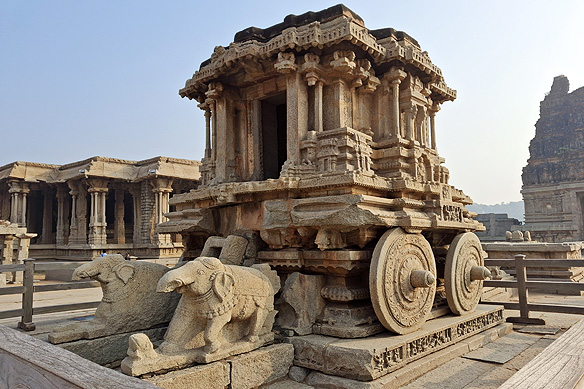
I can’t recall the number of times when, upon mentioning that I am a Jamaican, the response is something like this: ‘No problem mon’ or ‘Bob Marley!’ I find it hilarious that the general perception of Jamaica is that everyone gets high on weed, listening to Bob Marley (or any other reggae music for that matter… ‘bashment’ if you may) while hanging on the corner with the Rastafarians. Not only that, but I find that the culture has somewhat infiltrated other cultures so much so that when in the presence of Jamaicans they adapt a pseudo Jamaican accent – mind you its not a good one. It’s all about Stereotypes, yes I said it. This is a tactic I believe PR practitioners capitalize on. However, According to Simon Anholt (2003), the image may be entirely accurate and fully justified but it is more likely to be untrue and unfair based on a whole mess of misunderstandings, prejudices, cultural differences and half-forgotten events from history. There goes the stereotypes…almost, always not true.
How has the JTB managed the country’s reputation? I believe they need to ensure that they get the right and true message across to the world. I mean surely it can’t be easy and that leads me to my next point which is that ‘any publicity, be it good or bad, is Good publicity’. To some foreigners, Jamaicans are ‘gunmen’ or 'shottas' but yet, they still try to portray that character whenever in the presence of Jamaicans or ‘yardies’ as they call it….dont bash me now its just an observation. Jamaicans have a reputation of being ‘big and bad’ and violent and loud and the list goes on. You would think that this would have prevented any form of cultural integration, but on the contrary it has not.
PR scholar Lisa Lyon points out in the book Public Relations: Strategies and Tactics (Wilcox et al) that Reputation is ‘owned by the publics.’ Reputation isn’t formed by packaging and slogans. So my guess is that it’s just the little things we do, the songs we produce, the clothes we wear, the things we glamorize that gives Jamaicans this reputation. Arguably, practitioners have to work hard at managing the country’s reputation, after all this will have a tremendous effect on its biggest foreign currency generator.
Through persuasive and compelling communication, the JTB is able to convey messages that will maintain or repair Jamaica’s reputation. For instance, as mentioned before, Jamaica is seen as the crime capital of the world…hmm why not change that reputation? What better way to do it but with a cultural icon - Bob Marley and one of his biggest hits to date ‘One Love’ there you go: a song, an icon, and a message that says ‘Hey we are all united and we love each other! we don’t kill each other everyday.’ Yes, and this sells on every tourism ad, on every souvenir and in every travel magazine. Well done JTB! You see it does help to have a slogan.
References
Anholt, Simon Brand New Justice: How Branding Places and Products can Help the Developing World Revised Ed. Elsevier Great Britain 2003
Wilcox, Dennis L., Glen Cameron Public Relations Strategies and Tactics 8th edition. Pearson Education Inc. USA 2006








I do feel we as Jamaicans are stereotyped. Take for example the movies, predator: a bunch a weed smoking Jamaican rastafarians in a car, Steven Segals Mark of death again Jamaican knife wielding rastafarians and again pirates of the Caribbean, a Jamaican woman rastafarian witch. I guess all Jamaicans are rastafarians as the movies portray us to be then.
ReplyDelete